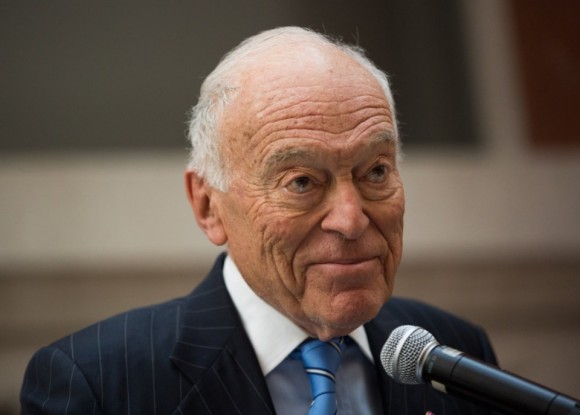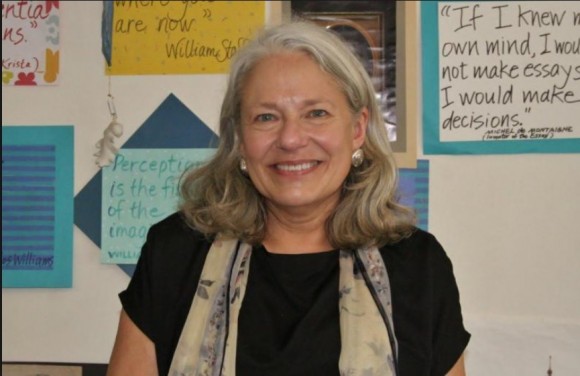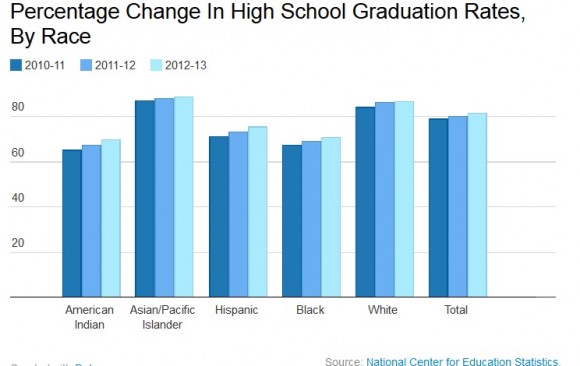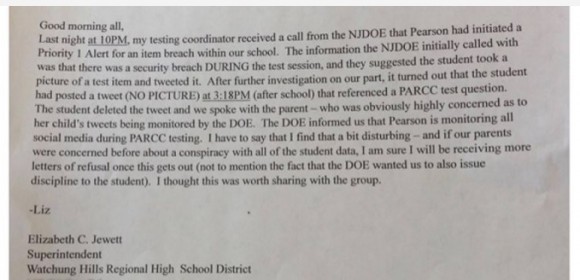Dear Commons Community,
It is hard to believe that New York City Mayor Bill de Blasio and former Mayor Rudy Giuliani have joined forces in an unlikely alliance to push for an extension of the law granting the mayor full control over the city school system. As reported in The Daily News:
“The frequent foes have written a joint letter to Gov. Cuomo and state legislators urging them to extend the expiring law without changes.
“It is no secret that the two of us disagree on a great many things — but we both know that mayoral control of the public school system ensures direct accountability and is absolutely essential for the future progress and development of New York City schools,” de Blasio and former mayor Giuliani wrote.
The letter also takes a veiled shot at Cuomo’s plan to allow the state to take over consistently failing schools.
“Proposals that would limit mayoral control will only take us backward to a time of blurred lines of accountability,” de Blasio and Giuliani wrote. “Graduation rates, college readiness rates, and test scores are showing signs of improvement, and the success of our children demands that we move forward…”
…the law, last extended in 2009, is set to expire in June. Cuomo has proposed extending it for three years. Assembly Democrats are pushing for a seven-year extension that would carry through de Blasio’s second term…
The Senate GOP, which had a good relationship with fellow Republican Giuliani but has feuded with de Blasio after he unsuccessfully tried last year to help the Democrats win control of the chamber, says an immediate decision doesn’t need to be made as part of the new budget because the law is several months from expiring.”
Mayoral control has had its supporters and detractors. One thing is for sure, control of the public schools needs to stay where they are located. The last thing they need is any interference from the politicians and bureaucrats in the state capitol.
Tony








